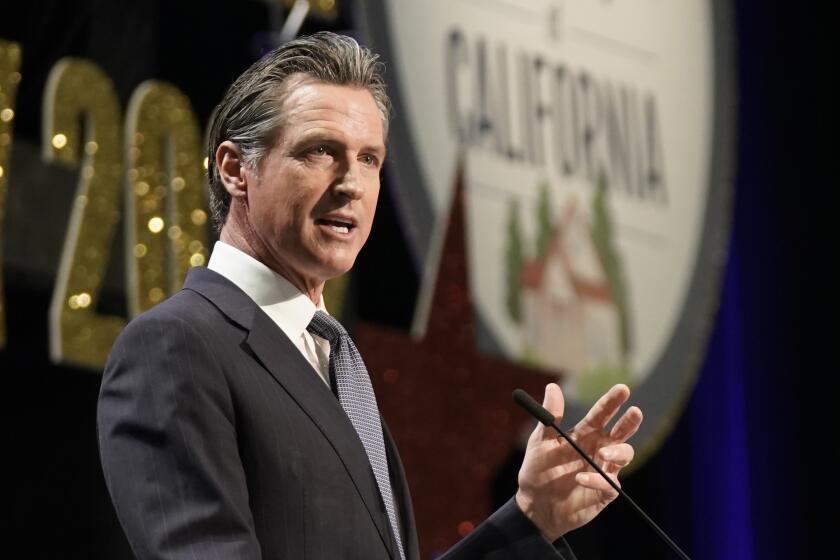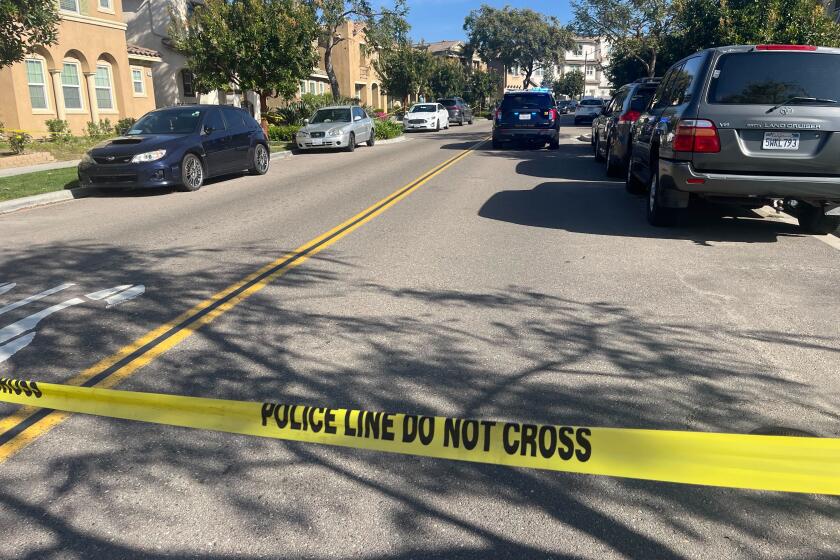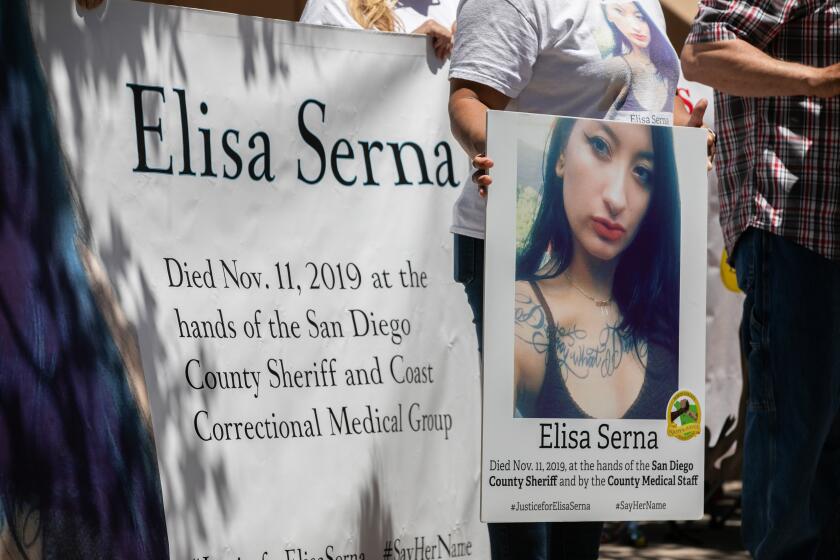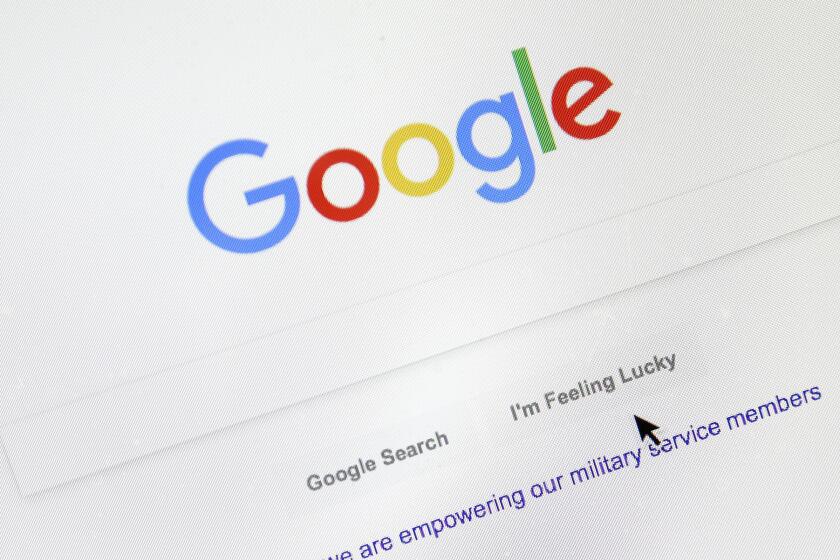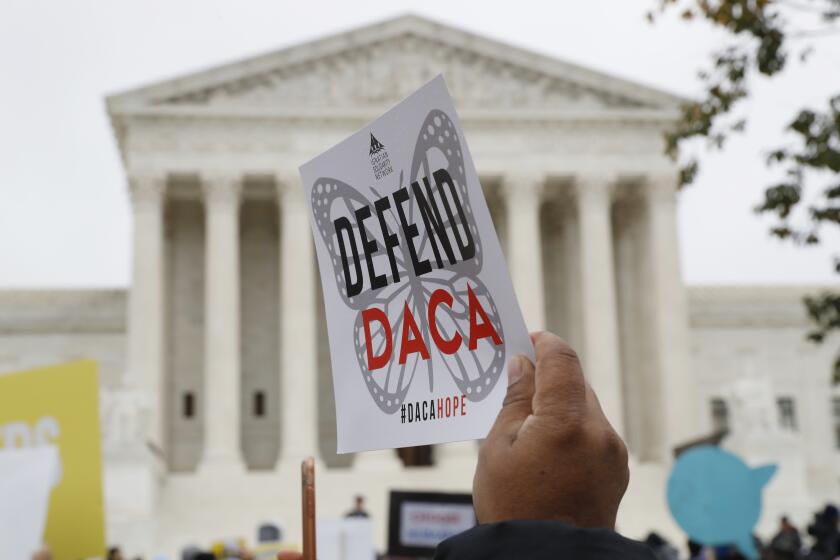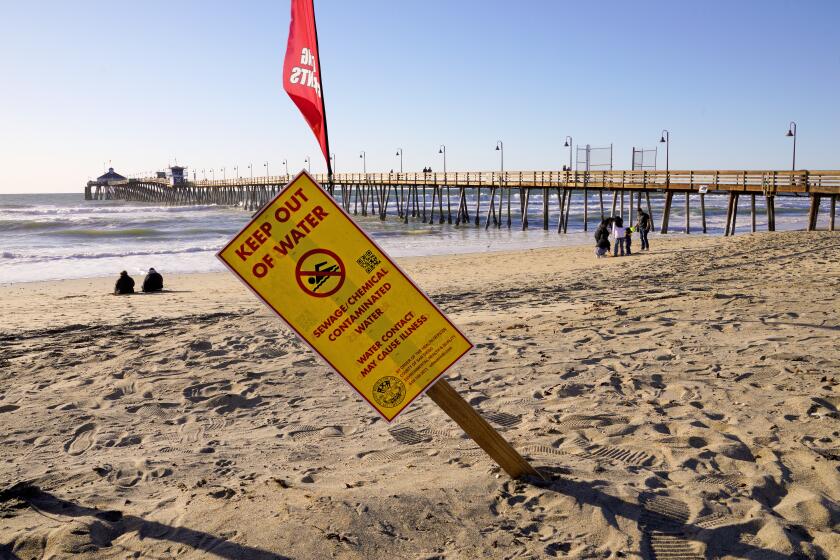Editorial: Big Pharma right to refuse to cut corners on COVID-19 vaccine
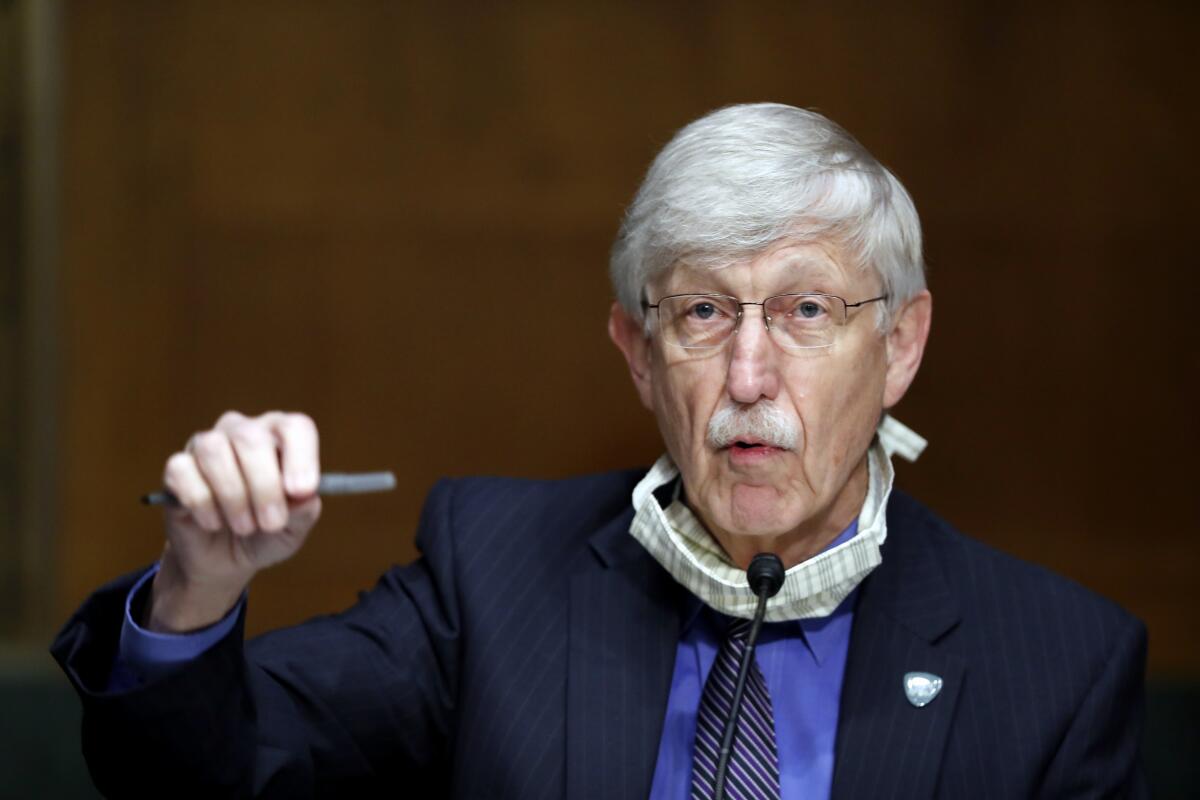
President Trump seeks shot by Election Day regardless of risks
Everyone should be eager for the arrival of a vaccination that prevents COVID-19, the deadly disease caused by the novel coronavirus that has raced around the world since December. Beyond the 190,000 Americans — and 900,000 people in all worldwide — that COVID-19 has killed, the virus’ toll on the economy and on mental health are immense.
But our nation has a fundamental problem on the vaccine front: President Donald Trump keeps suggesting a vaccine could be “delivered” by Election Day. “Maybe before a special date,” he said Monday, “you know what date I’m talking about.” The fear is he could cut every corner he can to expedite rapid approval to help him win a second term. As reflected in excerpts from “Rage,” the new book by The Washington Post’s legendary investigative reporter Bob Woodward, Trump admitted in on-the-record, taped interviews that he intentionally downplayed the seriousness of the coronavirus threat in February and March to protect his political interests.
Big Pharma, thankfully, is taking a longer view. On Tuesday, nine prominent pharmaceutical and biotechnology companies pledged that they would not seek approval for coronavirus vaccines until they had followed the standard steps to assure that they were safe and effective. The companies include Moderna, AstraZeneca, Pfizer and BioNTech, which have three vaccines (Pfizer and BioNTech are collaborating) already in late-stage clinical trials.
The companies understand that long after Trump has left the White House, they will be judged on the integrity with which they responded to the worst public health crisis of the 21st century. They also know that a stunning Gallup Poll last month showed that more than one-third of Americans would choose not to get vaccinated if a government-approved treatment became available. Gallup said many vaccine skeptics are Republicans, some of whom accept Trump’s public contentions that pandemic risks are exaggerated. The poll found 81% of Democrats would be vaccinated when a free, government-approved vaccine was available, compared to 59% of independents and 47% of Republicans.
The need for appropriate precautions was underscored this week when AstraZeneca suspended its global trials after a British patient developed severe neurological symptoms after being vaccinated.
Mercifully, Trump has not been able to purge federal health agencies of people willing to openly disagree with him as he has the national security establishment. On Wednesday, Dr. Francis Collins, director of the National Institutes of Health, told a Senate committee that his agency would not approve a vaccine that hadn’t been subject to standard studies of safety and efficacy.
It was a point of national pride in the early 1960s that U.S. regulators didn’t approve thalidomide, a sedative introduced in West Germany in 1957 that was linked to severe birth defects in the 40-plus countries that allowed its use. As awful as the pandemic is, cutting corners on a vaccination is itself a public health risk. Good for Big Pharma and Dr. Collins for being willing to point this out despite the braying of the world’s most powerful individual.
Get Essential San Diego, weekday mornings
Get top headlines from the Union-Tribune in your inbox weekday mornings, including top news, local, sports, business, entertainment and opinion.
You may occasionally receive promotional content from the San Diego Union-Tribune.

